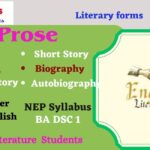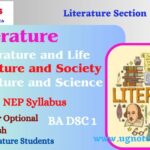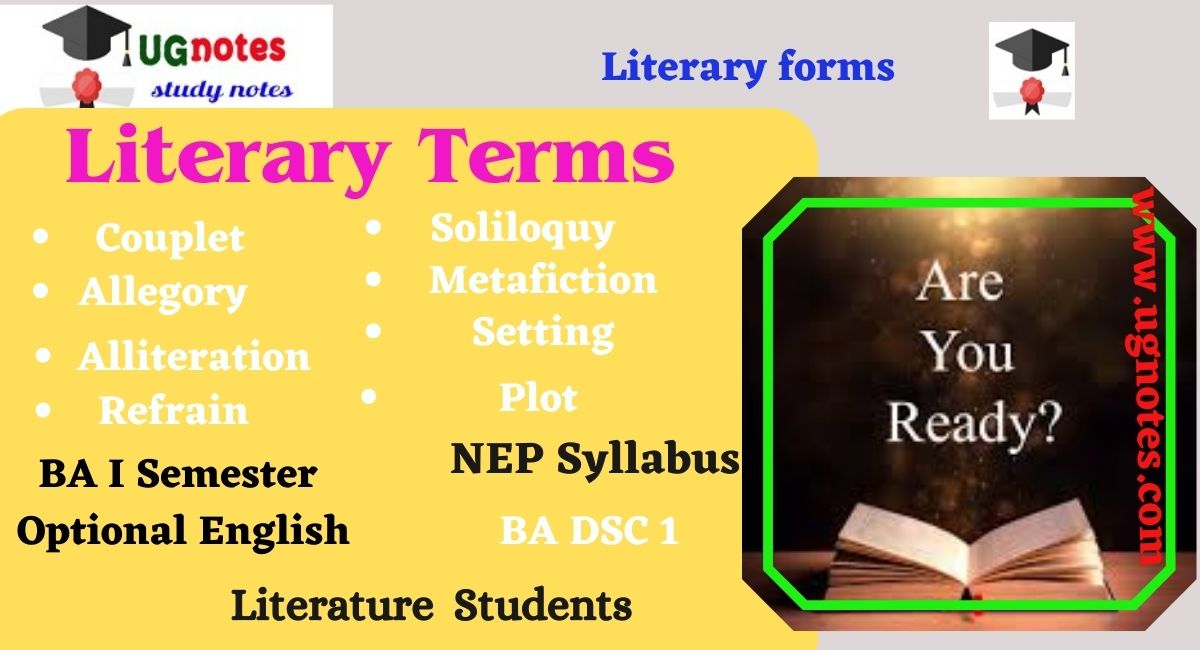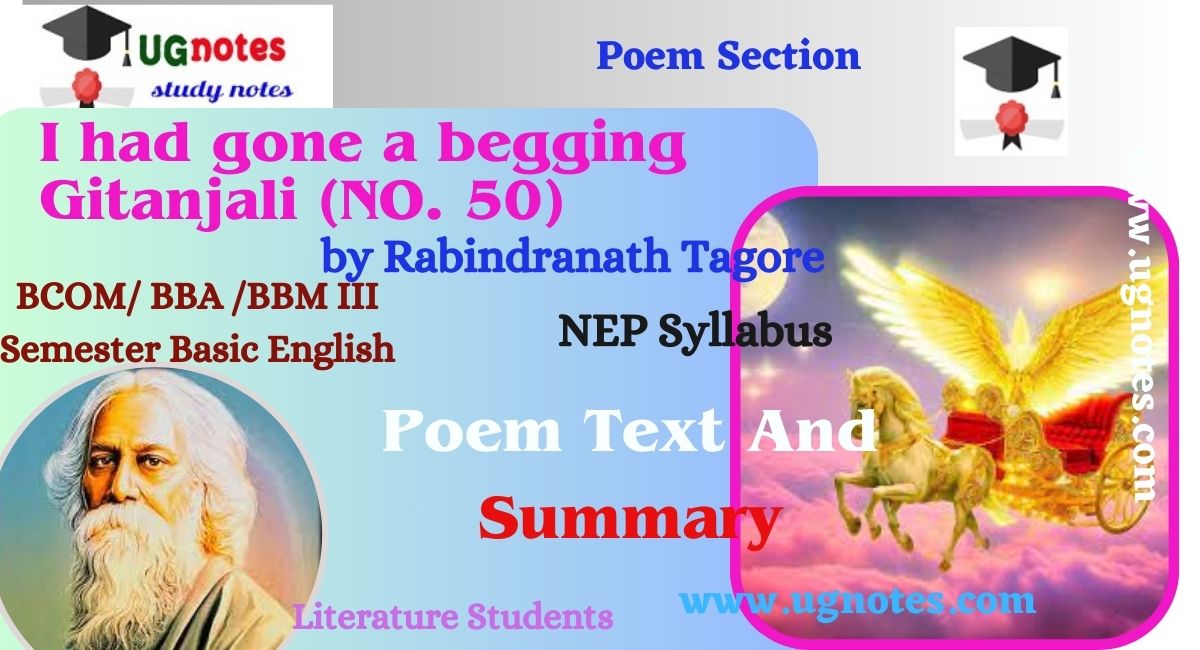William Blake’s A Poison Tree, Poem Text and Poem Summary
BA III Semester Optional English Paper Subject, NEP Syllabus
POEM TEXT
I was angry with my friend.
I told my wrath that my wrath did end.
I was angry with my foe.
I told it not; my wrath did grow.
And I watered it in fear.
Night and morning with my tears:
And I said it with a smile.
And with soft, deceitful wiles.
And it grew both day and night.
Till it bore an apple bright.
And my foe beheld it shine,
And he knew that it was mine.
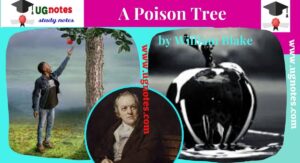
And into my garden stole,
When the night had veiled the pole,
In the morning, I gladly see:
My foe was outstretched beneath the tree.
About the author:
William Blake (November 28, 1757 – August 12, 1827) was an English poet and painter. He was a main figure in the literary movement of the Romantic Period.
His notable works are
- Songs of innocence and of experience.
- The marriage of heaven and hell.
- The Four Zoas.
- Jerusalem.
Summary of the poem:
The poet’s wrath against his friend ended because it was given an outlet. But when the speaker got annoyed with his enemy, he did not express his wrath, with the result that his wrath went on mounting. In this case, the wrath would have subsided if he had expressed it to his enemy.
The poet cherished and nursed his wrath. He imagined that his enemy was planning to do damage to him. His fear of his enemy caused him much suffering, and this suffering further whetted his wrath against the enemy. He then put on a mask of friendship towards his enemy. He pretended warmth towards him and smiled whenever he met that man. He became a trickster and tried to give his enemy the impression that he was his well-wisher. But inwardly, he continued to feel more and more hostile toward the man.
The poet’s wrath went on growing, but outwardly he kept up his pose of friendship. His wrath eventually bore fruit in the form of a bright apple. When his enemy saw it, he made up his mind to rob the speaker of this apple because he too had inwardly remained hostile to the speaker.
The enemy entered the poet’s garden in the darkness of the night and stole the apple. But when he ate it, he dropped dead because the apple was poisonous. In the morning, the speaker felt glad to see his enemy lying dead beneath the apple tree. The speaker’s purpose had been served.


